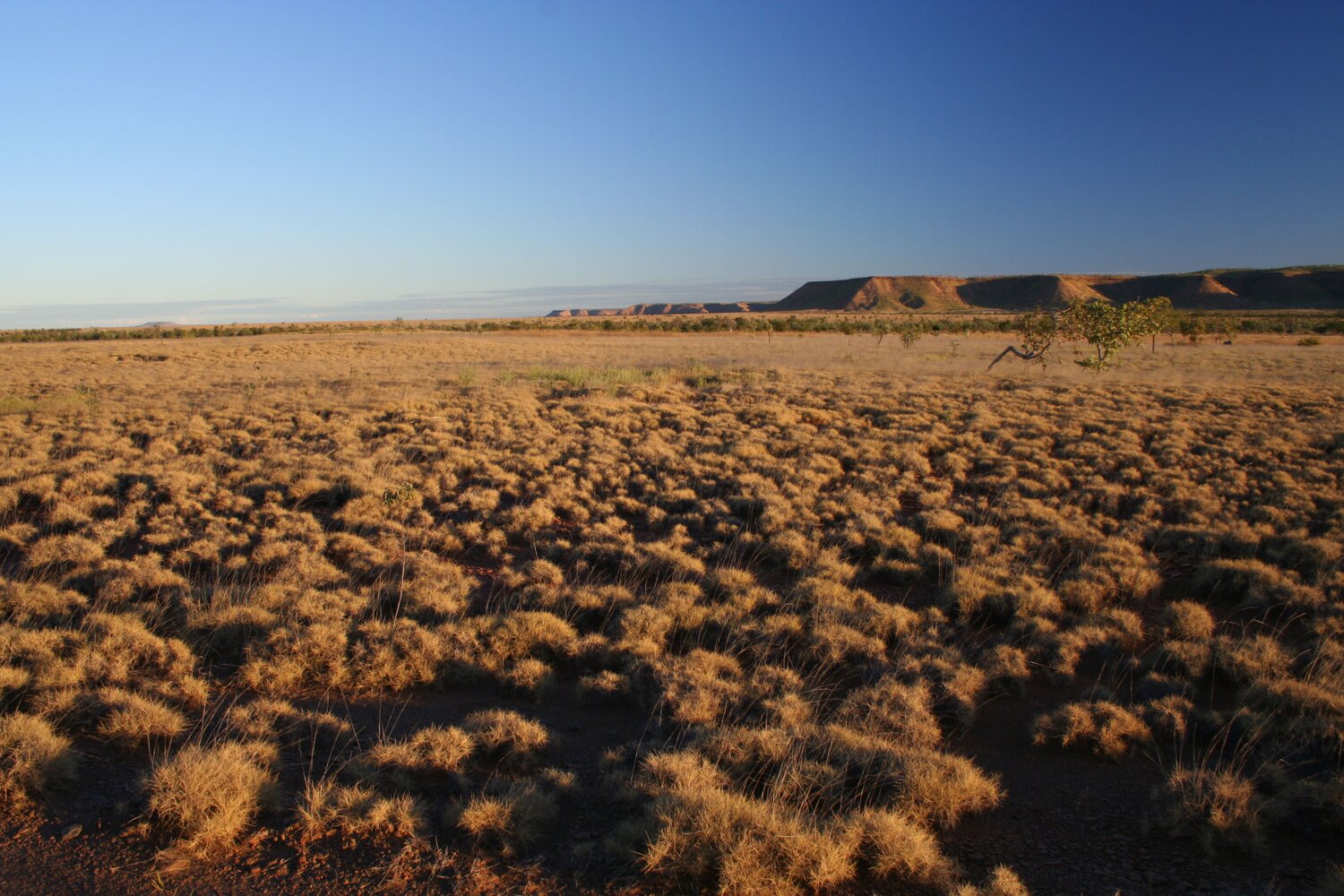Addressing non-forest ecosystem conversion in Australia through collaboration
14 maio 2025
The AFi and WRI co-organised a workshop with Griffith University and WWF-Australia to improve understanding of the context of non-forest ecosystem conversion in Australia.
Non-forest ecosystems are globally important, but it can be hard to identify and quantify their conversion to agricultural commodity production. This makes it more difficult for companies that produce or source agricultural commodities to implement their commitments to eliminate conversion from their supply chains, and to account for and reduce land use change emissions as part of corporate climate target setting.
Since 2023, teams from the Accountability Framework initiative (AFi) and World Resources Institute (WRI) have been working to close knowledge gaps around non-forest ecosystems, aiming to improve supply chain action both globally and in specific regions. This effort has included convening research at a recent conference and hosting sessions at workshops in North and South America. In March 2025, the AFi, WRI, WWF-Australia, and Griffith University co-hosted a workshop in Brisbane to engage with Australian stakeholders on defining, mapping, and protecting non-forest ecosystems in Australia. Find out more about the AFi and WRI workstream here.
The importance of Australian non-forest ecosystems
According to data from the Australian Bureau of Statistics, non-forest natural ecosystems cover approximately 73% of Australia’s landmass. These include savannahs, grasslands, shrublands, and deserts, which contain high levels of endemism and, all together, store most of Australia’s carbon. Many of these natural ecosystems are currently grazed by livestock, while also providing many of the benefits and services of natural grasslands and savannahs.
Despite their importance, these non-forest ecosystems are vulnerable to conversion due to agricultural expansion. Australian companies and producers can play a significant role in maintaining and enhancing these non-forest ecosystems. However, for effective, appropriate, and coordinated conservation of these ecosystems to occur, there needs to be better understanding of how to define and map commodity-driven ecosystem conversion for the Australian context.
Collaboratively unpacking conversion for the Australian context
During the workshop, stakeholders discussed regional realities and the specific challenges of applying global definitions, data, and tools to local landscapes. Participants from academia, civil society, industry, finance, as well as First Nations representatives explored how Australia’s non-forest ecosystems are defined, monitored, and impacted by land use change.
A panel of First Nations representatives offered vital insights into topics including traditional land stewardship, highlighting perspectives often missing from corporate monitoring approaches. Experts in ecology and remote sensing contributed presentations that helped situate the Australian landscape within broader efforts to map and monitor conversion globally.
Data under the microscope
The group evaluated several global and national land cover datasets, assessing their strengths and limitations in identifying non-forest natural ecosystems and tracking their conversion. These assessments considered both the technical capabilities of the datasets and their practical utility for decision-making in corporate supply chains and conservation strategies. The participants were also able to share feedback with the developers of global products such as the SBTN Natural Lands Map and Global Pasture Watch.
Participants also discussed potential approaches to guide companies in identifying and monitoring ecosystem conversion in Australia. This included early-stage thinking about regionally relevant land cover classifications and indicators, and how these could be operationalised in line with the Accountability Framework.

The first step of many
This workshop provided a crucial first step in reaching a shared understanding of non-forest conversion in Australia. However, fully defining and mapping non-forest ecosystems to support the implementation of no-conversion commitments will require further collaborative engagement in Australia and internationally. Workshop organisers and participants are planning to synthesise workshop insights into a scientific publication and incorporate the workshop’s findings into future guidance.
In addition, the AFi and WRI will also host further workshops to learn more about other regional contexts. The next event will take place in Colombia later this year. As the project progresses, further engagement with local experts and stakeholders will remain essential to shaping guidance that is both technically robust and aligned with on-the-ground realities.
Join the conversation
Capturing the complexity of non-forest ecosystems requires input from a wide range of stakeholders through continued conversations. If you’re involved in land classification, supply chain due diligence, or land use change monitoring, and particularly if your work touches on Australia’s unique ecosystems, then your input can help support this project.
Contact AFi Science and Policy Specialist Sam Levy to get involved!
